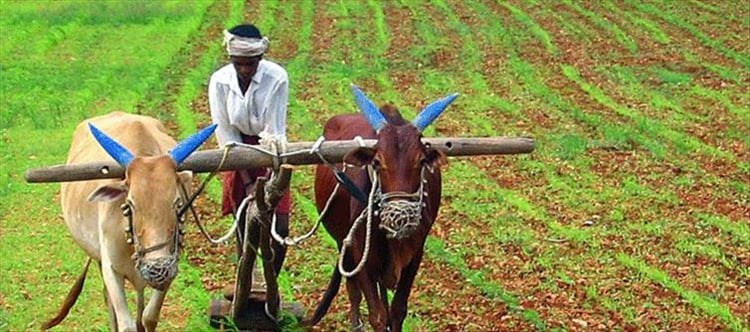
Reportedly last month Dnyaneshwar Siddhanth, a farmer from maharashtra, was in desperate need of money to buy seed and fertilizer as the monsoon sowing season approached. But after being rejected by his bank for a loan despite several attempts, Siddhanth finally borrowed 150,000 indian rupees ($2,021) from a moneylender at a rate of 60% annually. Amid India’s worst economic slowdown in decades due to the novel coronavirus pandemic, millions of farmers like Siddhanth are being shunned by banks as lenders turn cautious due to rising bad loans.
Perhaps that is forcing them to turn to illegal moneylenders who are charging increasingly exorbitant rates, according to over a dozen farmers and bankers that Reuters spoke to. Agriculture accounts for near 15% of India’s $2.8 trillion economy and is a source of livelihood for more than half of its 1.3 billion people. Higher interest rates will reduce farm earnings, impacting overall rural incomes which are key to reviving the economy.
“Most of the profit goes to paying interest to a private moneylender,” Siddhanth said. “Everything now depends on monsoon rains. If the crops fail, then I will have to sell land to repay the loan.” Till last year private moneylenders were charging 24-36% interest, but are now asking for 48-60% as more farmers seek loans, said prashant Kathe, another farmer who has borrowed 300,000 rupees at a 60% interest rate. Typically, banks charge anywhere between 4-10% for crop related loans. prime minister narendra Modi’s government has been instructing banks to increase lending, but bankers say they are choosing to be cautious.




